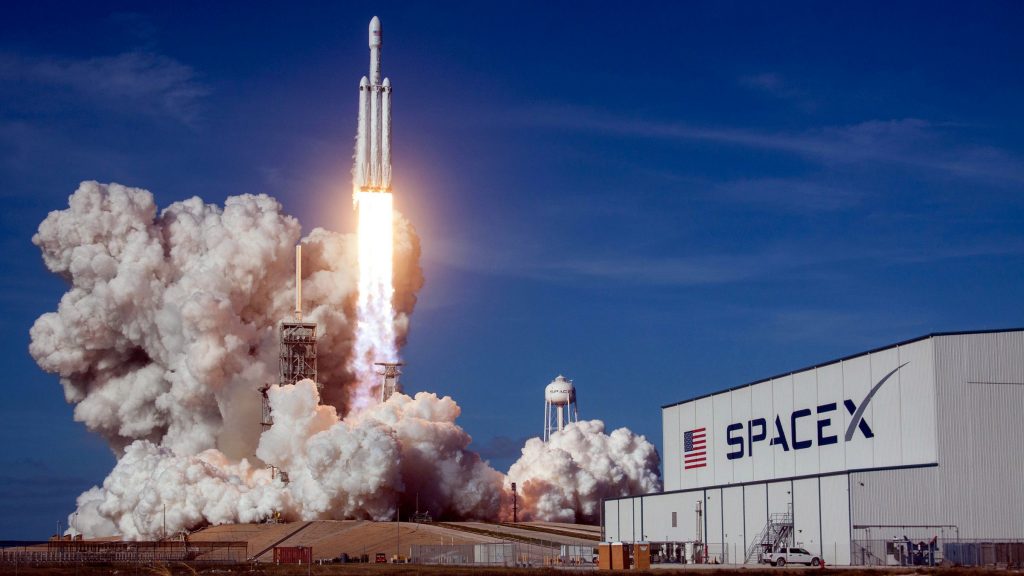The Director of Government Affairs for SpaceX, Caryn Schenewerk, stated in a congressional hearing on June 26 that the company is still committed for conducting over 25 launches in 2018 which would require SpaceX to increase its launch frequency by almost 50% in the second half of the year. The focus of the congressional hearing was vested in regulatory reform and the representative, Rick Larsen (WA-2) emphasized on the urgency of initiating reforms in federal space launch regulations while mirroring the sense of urgency assumed by the four panelists in the hearing. The representative called for an informal meeting outside the chamber doors after the conclusion of the session.
The two profound issues that were presented before the Congressional committee by the ULA, SpaceX, Blue Origin and Air Line Pilots Association (ALPA) officials include the excessively sluggish nature of the licensing process and the forcible integration of federal systems of air traffic control with the launch vehicle operations. The large-scale and disruptive restrictions in air traffic required by the FAA for rocket launches is responsible for disruption of air traffic by a margin of 100 times than required. In this context, Ms. Schenewerk expressed that SpaceX currently has the capabilities needed for integration of live Falcon 9 and Falcon Heavy telemetry with the air traffic control which would enable the compression of keep-out zones alongside making them considerably responsive to actual launch operations.
In terms of launch licensing of the regulatory aspects, Blue Origin, SpaceX, and ULA expressed dissent for the existing standards. In some cases, a launch provider could have to wait for almost eight months from the filing to obtaining launch license grant. The actual barrier is identified in the unprecedented sluggishness of the FAA as well as the individuals responsible for updating of guidelines as well as regulatory structures.
In the present situation, the launch licensing apparatus of FAA is likely to be burdened with the possible introduction of numerous smallsat launch providers alongside the massive launch cadence aspirations of Blue Origin, SpaceX, and ULA. Therefore, if reforms are introduced with the speed that is rarely perceived in the case of Congress, the federal government would not be an apparent bottleneck for the impending explosion in domestic spaceflight activity.


